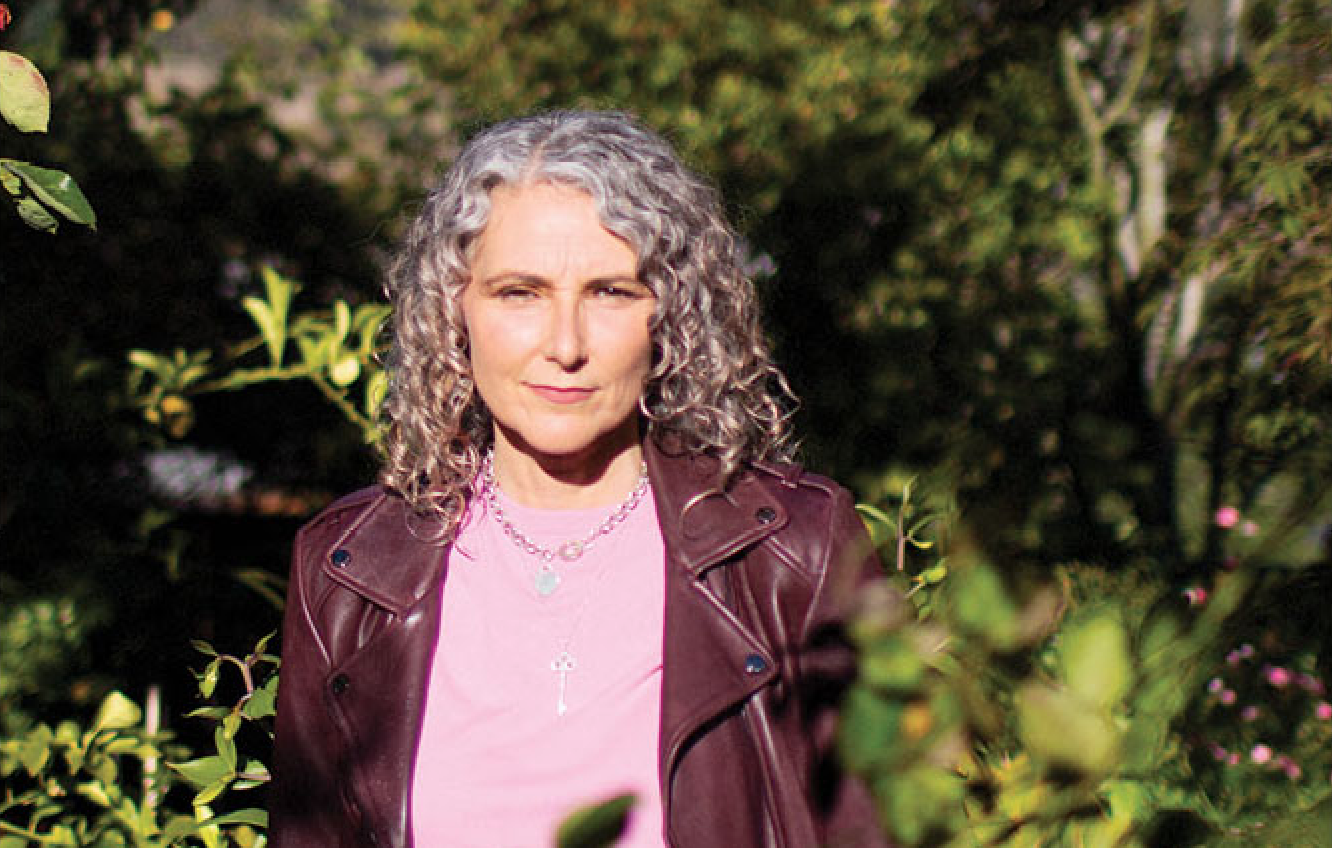
Since conflict began in the east of the Democratic Republic of Congo in 1995, rape and sexual violence have been used as a weapon of war. It is often considered a “hidden” atrocity as a consequence of war, but there has been increased awareness about the need to tackle this in recent years, most notably with the End Rape in Conflict Zones summit in 2014. But legislation and global efforts to fight against this decades-long epidemic is far from being close to conquering the problem.
There is one man at the center of the conflict who has been on the ground witnessing first-hand how bad the effects of rape and sexual violence are. Dr. Denis Mukwege is a gynecologist who has reportedly treated over 46,000 female victims of sexual violence and rape for decades, and it acclaimed for his work worldwide as well as among the women in the Congo, despite some major barriers that have nearly cost him his life.
While the DRC continues to battle politics turmoil with President Kabila’s reign ending in December 2016, a man who Dr. Mukwege describes as having “illegitimate power” to CNN, there will not be another election until April 2019, meaning the prospect of political stability is still a ways off. It’s not just the government which has been unreliable in helping vulnerable women in the Congo, there are also many men who don’t want to see women live with any dignity, power or autonomy.

Because of his work, Dr. Mukewege has been the victim of an assassination attempt which he thankfully survived. He fled the Congo after gunmen invaded his home and threatened the lives of him and his family. But he couldn’t stay away long as he knew he was needed back in his home country. The women of the Congo, despite not having much money, all banded together to pay for a plane ticket for him and his family to move back home. It was then he realized he couldn’t stay away, and moved back, this time with security to watch over his house.
Over the past few years Dr. Mukwege has been considered a strong contender for the Nobel Peace Prize, and although he has yet to win, his work speaks for itself. He founded the Panzi Hospital in Bukavu in 1999, where he specializes in the treatment of women who have been gang-raped by rebel forces. The hospital now serves a population of 400,000 as the General Reference Hospital for the Ibanda Health Zone in DRC, with a full range of health services.
Dr. Mukwege is more than just a surgeon, he is a life-changer. Having done surgery on the horrific wounds of women from a very young age to the elderly, his career trajectory shows just how committed he is to women’s wellbeing and health, and how willing he is to acquire whatever skill is needed along the way.
In an interview with Lenny Letter, he says he was inspired to first become a pediatrician, after seeing his father, a pastor, unable to treat a sick child in Bukavu. The child, who was in a near-fatal condition, left a lasting impression on Dr. Mukwege, but it was only the start of his medical journey. Decades later he trained as an OB-GYN to treat pregnant women and became alarmed at other major problems he was previously unaware about.

“When I started to work in my country for the first time, the first day, two women died in giving birth. I learned that you can focus on children, but there are no children if mothers are dying in giving birth. So, after one year, I decided to become an obstetrician,” he said.
It wasn’t just women dying from childbirth, it was women showing up to the hospital with gruesome injuries from rape and sexual violence. Some had been raped so violently their bodies were torn apart.
“I worked in France for five years to get the certificate to be an obstetrician. I did that for fifteen years until the war started. And when the war started, I was the only OB-GYN in the region. And I start to hear and then see women with fistula, with all kinds of issues, and people brought them to me because I was the only OB-GYN in the area. I saw that, and I changed again. I studied. And now I’m a surgeon,” he told Lenny’s Mattie Kahn.
At the Panzi Hospital, the help he and his team give women doesn’t end with surgery or medical help. They have a five-pronged approach to helping women regain a sense of dignity and power over their lives. The five areas are medical care, psychological treatment, economic support, and guidance including job training, advice on how to reintegrate into their communities, and aid to pursue justice in court.

The knowledge about the impact of sexual violence beyond just the physical is important.
“When we are treating women, it’s not just to treat their bodies. You must understand also what happened. And most of the time, what happened is someone just denied their humanity. So you need to give them back this humanity, and if you succeed, there is a sense of hope, because they can believe in themselves,” he said.
His perspective on rape victims is far more progressive than some justice systems, including here in the US where we have seen news reports of rapists escaping harsh punishment or any at all, and instead the blame being placed on the victim for her clothing, state of inebriation or other ridiculous excuses.
“When someone rapes a woman, it’s just to refuse her humanity. It’s just to say, ‘You are nothing. I can do what I want on your body. Your body doesn’t belong to you. I can take it. I can use it.’ When it happens, many times women will ask, ‘Why me? Why did this happen to me?’ And, you know, [the reaction in] our society is always to say, ‘Oh, it was her fault. Why was she there? What was she doing?’ People are trying to get different reasons to explain why women are raped. But there is no reason. It’s not women’s fault,” said Dr. Mukwege.

He recalled the story of a 16 year-old girl he operated on for fistula who he saw regain her confidence in something so small as the desire to wear makeup and consider herself beautiful. He talks about the significance of this once very quiet, scared girl who found a sense of power in embracing her own beauty again.
“She just shined. When we don’t want to take care of ourselves, it means we don’t believe our bodies are ours. These women have the impression their bodies—’It’s not mine. I don’t want to touch it.’ When they really start to heal, the first step is to accept that ‘It’s me’,” he said.
Along with his medical work, Dr. Mukwege is also passionate about dismantling toxic masculinity and outdated cultural notions of gender, as well as acknowledging the need for more women in public leadership positions if gender equality and the end of rape in conflict zones is ever going to be a reality.
“We have to root out patriarchy; We raise our sons by stripping them of any emotion and our daughters end up in the kitchen. Africa’s future begins when girls know that they are equal to boys,” he told CNN.
Although there are good resolutions against violence, Dr. Mukwege says it is not enough and that everyone in society can play a part.

“The question is…are there enough women in the business association? Enough women in government? Enough women in the law? We know the problem, and we know the solution. It’s men who are still discussing security and peace, and who is suffering? It’s women, unfortunately. It’s men who are on the top, still. But who needs space? It’s women. We need to join our forces — men and women. And so, we do not give women space because they are women, but because they are competent. We give women space because they can do a job differently and make our world better,” he said.
His life’s work has become the subject of a documentary by Thierry Michel and Colette Braeckman called ‘The Man Who Mends Women: The Wrath of Hippocrates’ which has won a number of awards. Dr. Denis Mukwege is certainly one-of-a-kind, but we need more people like him in the world dedicated their life to helping the most vulnerable even when it means a considerable risk. His story is inspirational, regardless of any type of international accolade he may earn.
“I absolutely have to tell the world, show the world, that there is a collective responsibility to act in DRC. We share the same humanity and we cannot continue to allow economic wars to be fought on women’s bodies,” he says.
You can learn more about Dr. Denis Mukwege through the Panzi Foundation, the Mukwege Foundation and watch the documentary trailer below:

















One thought on “Dr. Denis Mukwege – “The Man Who Mends Women” – Treats Rape Survivors In The DRC”